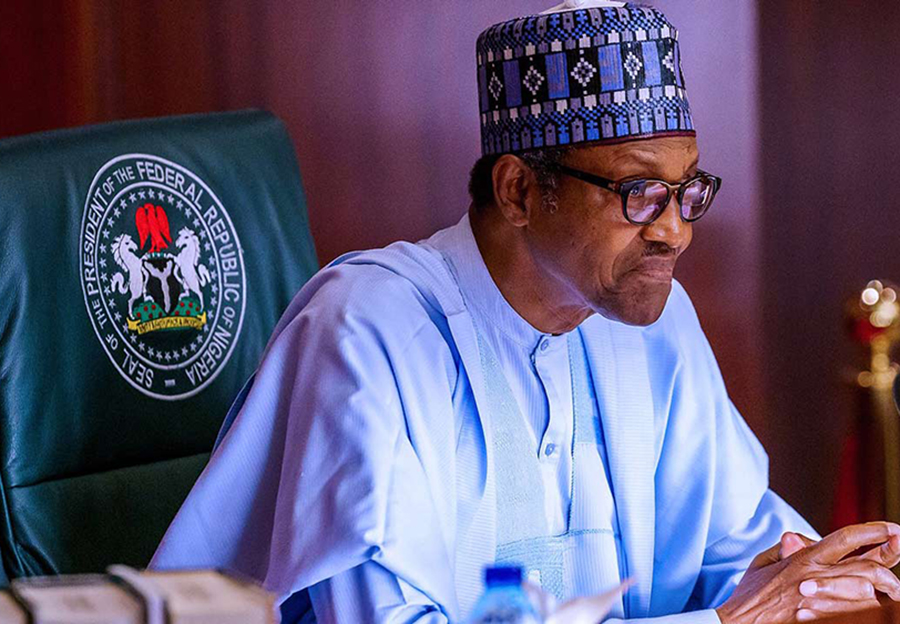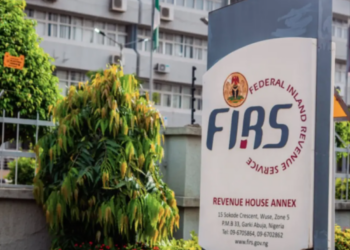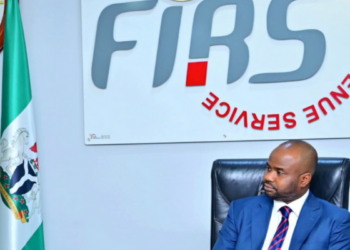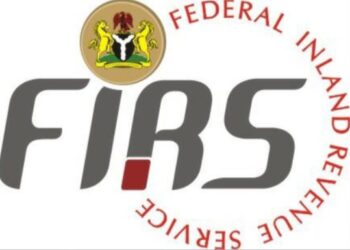President Muhammadu Buhari has directed the Federal Inland Revenue Services (FIRS) and other related government agencies to ensure strict compliance of tax payments by foreign companies operating in Nigeria by plugging all revenue leakages.
This is as the president has ordered all government agencies to automate their operations and ensure more synergy in advancing the interest of the country in revenue generation.
According to a report from the News Agency of Nigeria (NAN), this directive was given by the president at the virtual First National Tax Dialogue held at the Conference Hall of the State House, Abuja, where he also stressed the need for deployment of more digital platforms and seamless connections.
What President Buhari is saying
President Buhari in his statement said, “It is not enough that our citizens and local businesses pay their fair share of taxes. Equally, foreign businesses must also not be allowed to continue to exploit our markets and economy without paying appropriate taxes.
” Accordingly, the FIRS has my mandate to speedily put all measures in place to fully implement programmes to stamp out Base Erosion and Profit Shifting in all their ramifications and generally automate its tax processes.
“In line with this, I have directed all government agencies and business enterprises to grant FIRS access to their systems for seamless connection.
”FIRS must ensure that its deployment of technology for automation is done in line with international best practices. In particular, FIRS can borrow a leaf from other countries which have successfully automated their tax processes,’’ Buhari said.
President Buhari said that Nigeria will continue to work with the Inclusive Framework (on equal footing) to develop internationally acceptable rules for taxation of the digital economy, which he is optimistic would have evolved into an acceptable multilateral solution that will comprehensively address the tax challenges of the digitalised economy by the middle of 2021.
He said his administration was strategically restructuring the tax revenue mix in favour of indirect taxes in accordance with the national tax policy document.
The president said, ”To this end, FIRS is mandated to do all that is required in order to efficiently collect tax revenue due from transactions carried out using local and foreign online platforms. The government has made relevant statutory amendment to tax laws in the Finance Act 2020.’’
”The administration is, however, not seeking to increase the tax burden upon the citizens but to plug the existing tax loopholes or leakages and to ensure even and equitable application of the tax laws.”
”This was clearly demonstrated by the provisions in the Finance Act 2019, whereby government exempted small companies from tax and reduced the income tax rate for medium companies from 30% to 20%.
”In the Finance Act 2020, which I signed into law at the tail end of 2020, we went further to cushion the burden of tax on the low-wage workers by exempting minimum wage from personal income tax,” he added.
What you should know
- It can be recalled that in the new Finance Act 2020 which was signed into law by President Buhari and took effect from January 1, 2021, necessary amendments were made to the FIRS Establishment Act to provide the legislative framework for the adoption of technology in tax administration.
- The Federal Government has devised several strategies and policies to boost tax collections in the face of dwindling revenue due to the outbreak of the coronavirus pandemic.
- The new Finance Act also includes provision for the exemption of low-income earners on N30,000 and below per month from income tax payment.


















